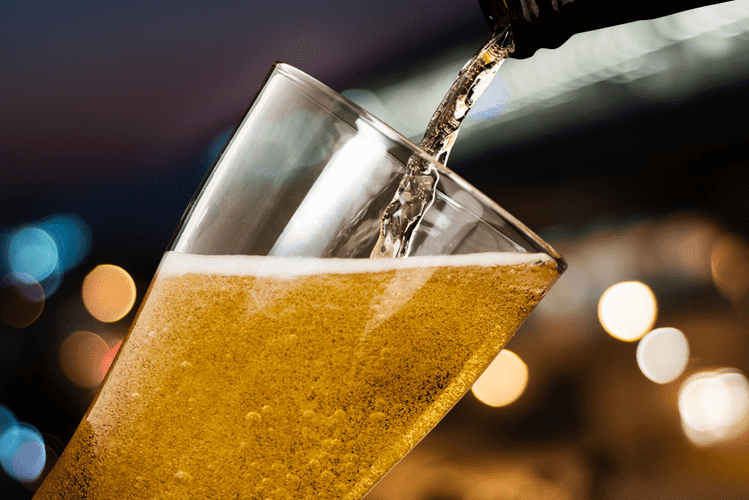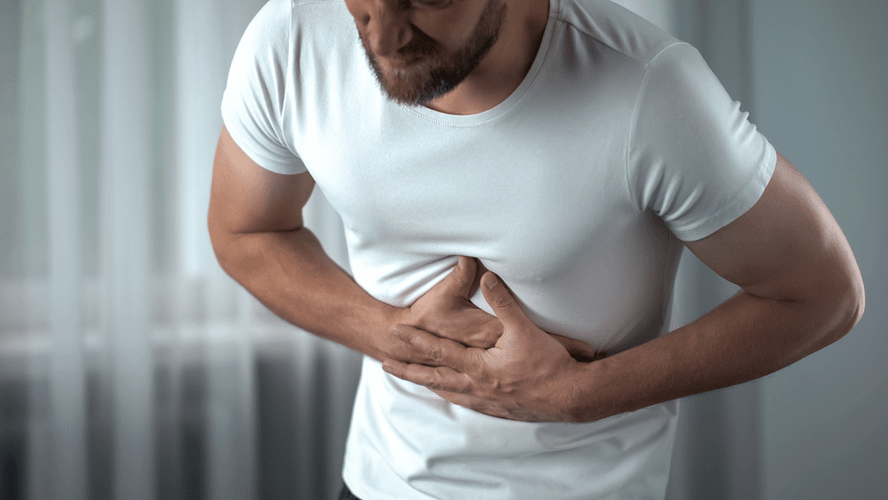If you fall asleep after drinking too much, your body will continue to break down the alcohol during the night. As your body works to lower your blood alcohol level, you may experience disrupted sleep and wake up more often than usual. In addition to the homeostatic drive, the normal sleep-wake cycle is also linked to an underlying circadian rhythm. The suprachiasmatic nucleus within the hypothalamus in the brain is the master clock that synchronizes a host of internal rhythms with the sleep-wake cycle being one of them.
Physical Activity and Sleep
- They offer ongoing support and guidance throughout your recovery journey, helping you navigate the challenges of sobriety.
- If you’re dependent on alcohol, it’s important to detox under medical supervision.
Participants also reported the frequency of difficulty falling asleep, trouble staying asleep, waking too early or feeling unrested in the morning. Those reporting any of these “most of the time” were considered to have an insomnia symptom, which served as the outcome. Alcohol can behave like a sedative, increasing relaxed and tired feelings.This is why alcohol helps you fall asleep. However, during the night, as the amount of alcohol in your blood drops, you are likely to wake up. As a result, when consumed in excess, alcohol can lead to shorter sleep duration and a poorer quality of sleep.

Severe or complicated alcohol withdrawal treatment
This means the excitatory nerve cells in your brain are suppressed, so you fall asleep. As your body metabolizes the alcohol, the excitatory nerves rebound. This process can cause you to wake up and experience trouble getting back to sleep. “Alcohol never improves sleep,” says Dr. John Mendelson, founder of Ria Health and a clinical professor of medicine at the University of California, San Francisco.
Alcohol Disrupts Your Natural Sleep Chemistry
- Progressive muscle relaxation is another powerful technique that can be especially helpful after drinking.
- You might feel sleepy when you drink alcohol because alcohol slows down brain activity.
- This sleep cycle disruption is what causes the person to feel tired and “fuzzy” the next day and can lead to further sleep issues, such as insomnia or alcohol addiction over time.
Keeping the room at a comfortable temperature, typically between 60-67°F (15-19°C), can help regulate your body temperature and promote better sleep. Alcohol consumption also affects the cardiovascular system, leading to an increased heart rate and elevated blood pressure even after the intoxicating effects have worn off. This heightened physiological state can contribute to feelings of restlessness and make it challenging to achieve the calm state necessary for sleep. The elevated heart rate may be particularly noticeable when lying still in bed, further drawing attention to the inability to sleep.
Lifestyle Quizzes
This sleep cycle disruption is what causes the person to feel tired and “fuzzy” the next day and can lead to further sleep issues, such as insomnia or alcohol addiction over time. Addressing physical, mental, and emotional health is essential in addiction treatment. Alcohol dependence often co-occurs with other mental health disorders such as anxiety or depression. By addressing these underlying issues, individuals can achieve lasting recovery and improve their overall quality of life. Though alcohol can have a sedative effect, it has also been linked to sleep disorders like insomnia.
Remedy #3: Amino Acids For Sleep

Allowing at least three hours between your last drink and when you go to sleep gives your body time to metabolize much of the alcohol. This can reduce the likelihood of sleep disruptions later in the night. Alcohol can disrupt the later stages of sleep, leading to more awakenings during the night.
The body takes about four to five hours to get rid of half the alcohol you consume. That means it can take around 25 hours before all of it is cleared from your system. In the meantime, it Drug rehabilitation continues to affect lots of organs and processes in the body, including your sleep.
Unfortunately, as we age, our post-alcohol sleep quality goes downhill quickly. Some people with insomnia may turn to alcohol as a quick fix to bring on sleep. But this can create a harmful cycle, where drinking to sleep disrupts your rest, resulting in daytime sleepiness and, ultimately, insomnia again. In fact, alcohol can have significant negative effects on your sleep quality, which can affect your overall health in addition to how rested you feel. I was thinking of getting some sort of knock out med as I am also a smoker and insomnia makes me want to smoke more which is bad for sleep.
People with alcohol in their systems are also generally harder to wake, which means that they’re less likely to experience “arousals” that help them recover from OSA- and CSA-related pauses in breathing. If you don’t want to give up booze altogether, try avoiding it at least three to four hours before bed and limiting how much you drink. Unfortunately, the problems aren’t over when you manage to fall asleep. So while cutting out drinking will likely benefit your sleep, there may be other factors https://cunghoangdao.org/sober-living/the-5-harsh-consequences-of-drinking-and-driving-2/ affecting your shuteye. Even though a glass or two may help you initially drift off faster, it probably won’t benefit your sleep quality in the long run.
Alcohol Abuse and Addiction Treatment
Adrienne Santos-Longhurst is a Canada-based freelance writer and author who has written extensively on all things health and lifestyle for more insomnia after stopping drinking than a decade. Drinking too much is likely to have the opposite effect and leave you feeling groggy and possibly hungover the next day. Also, research shows that people can develop a tolerance to this boozy method within three nights, causing you to need a larger amount of alcohol to get the same effect. First, alcohol affects everyone differently because of a slew of factors, like age, biological sex, and body composition, just to name a few. Alcohol before bed has been shown to lead to fragmented sleep and frequent waking. Anyone who’s ever indulged in a drink or two knows that alcohol can make you real sleepy, real fast.